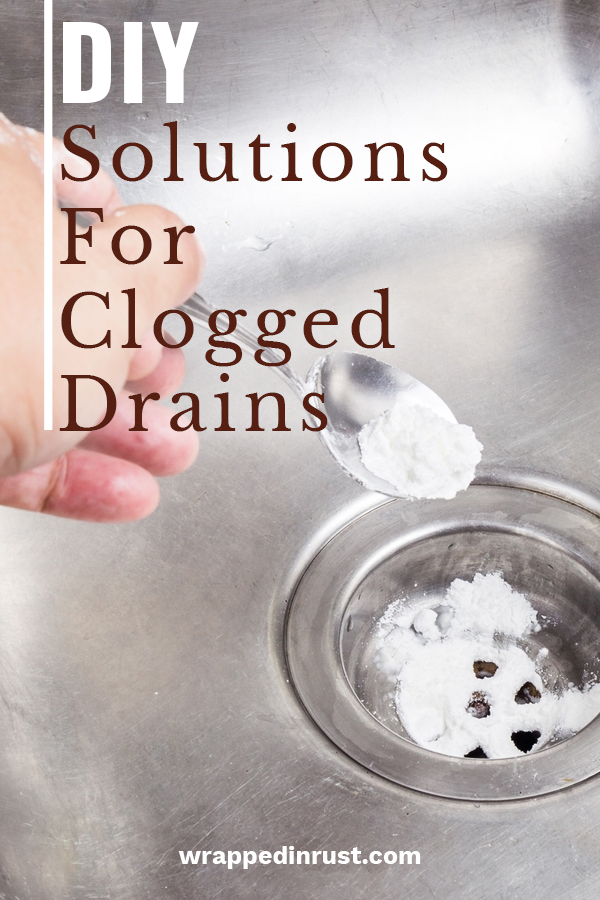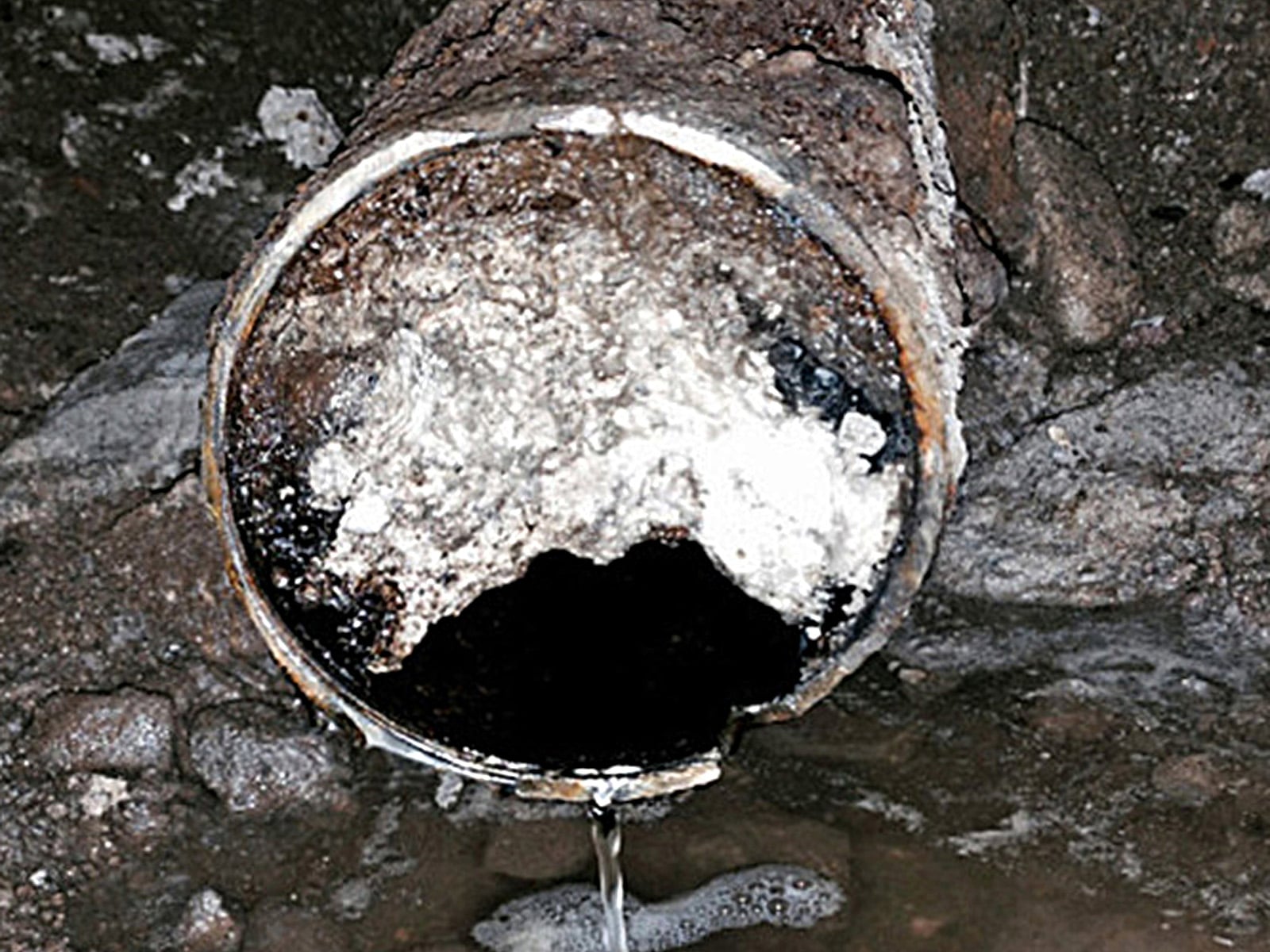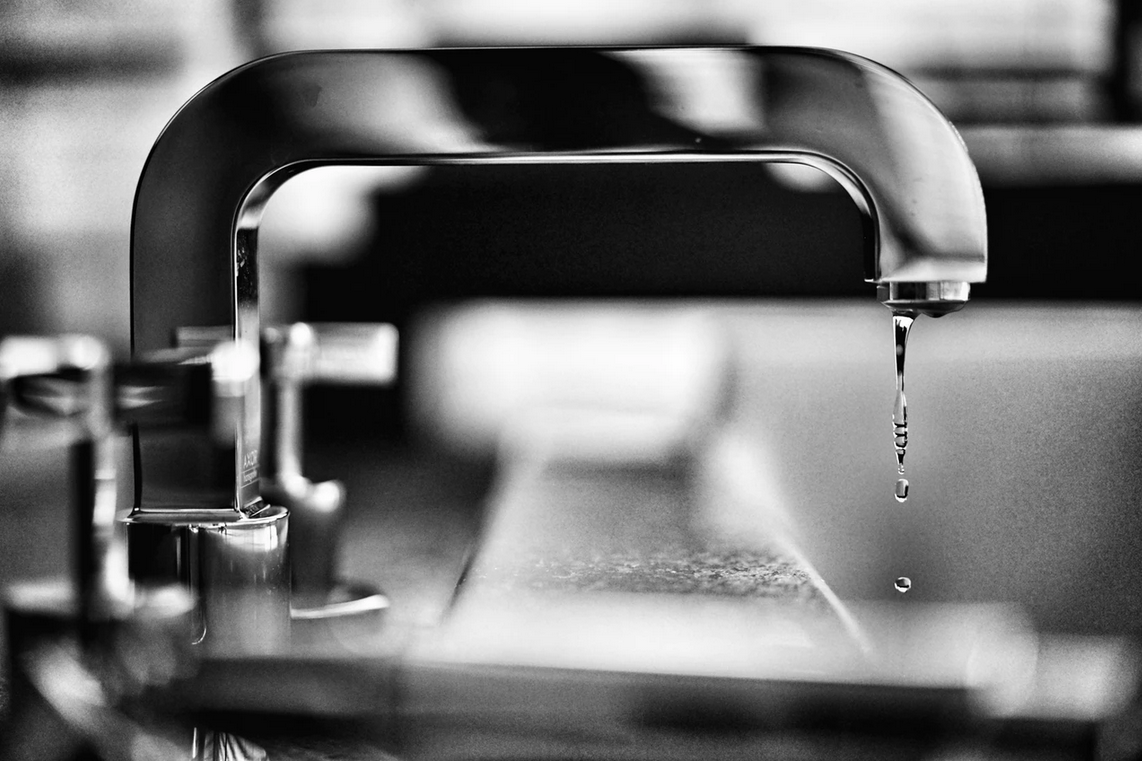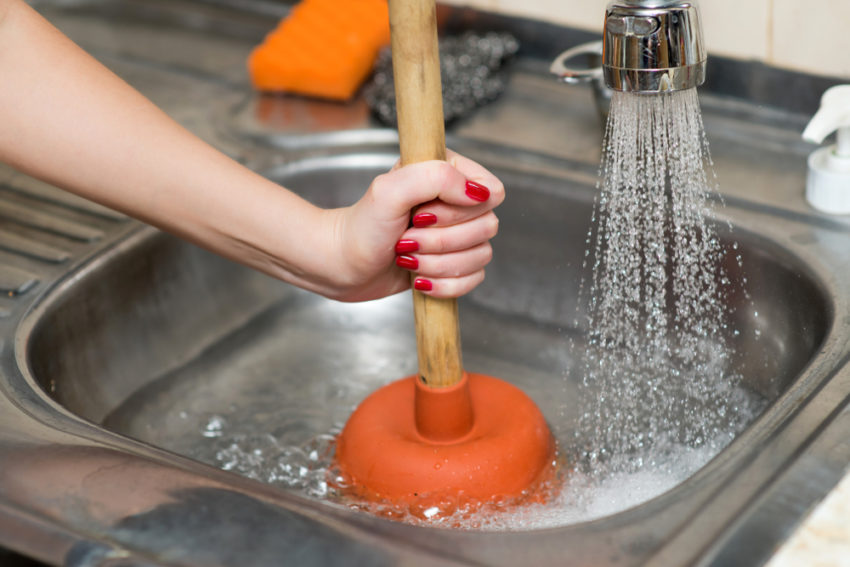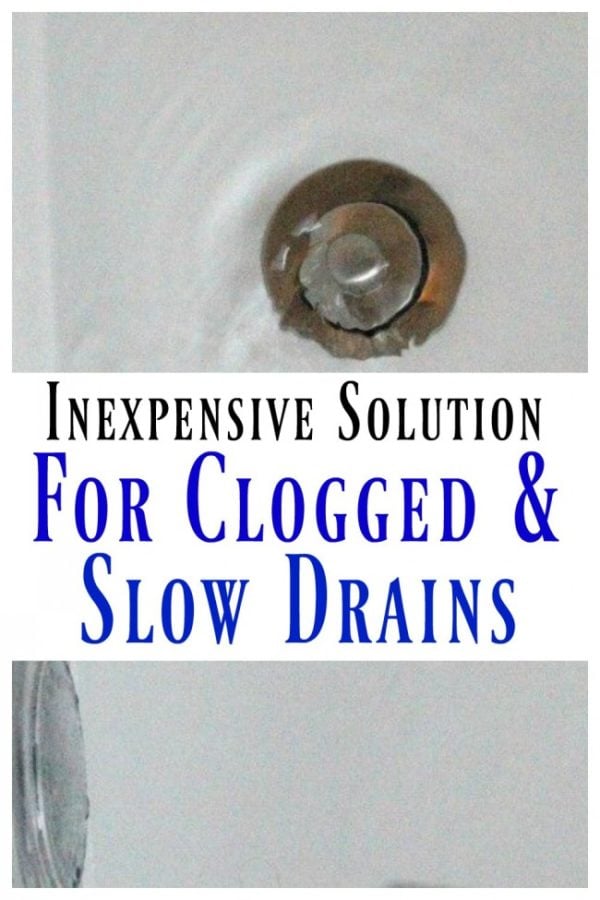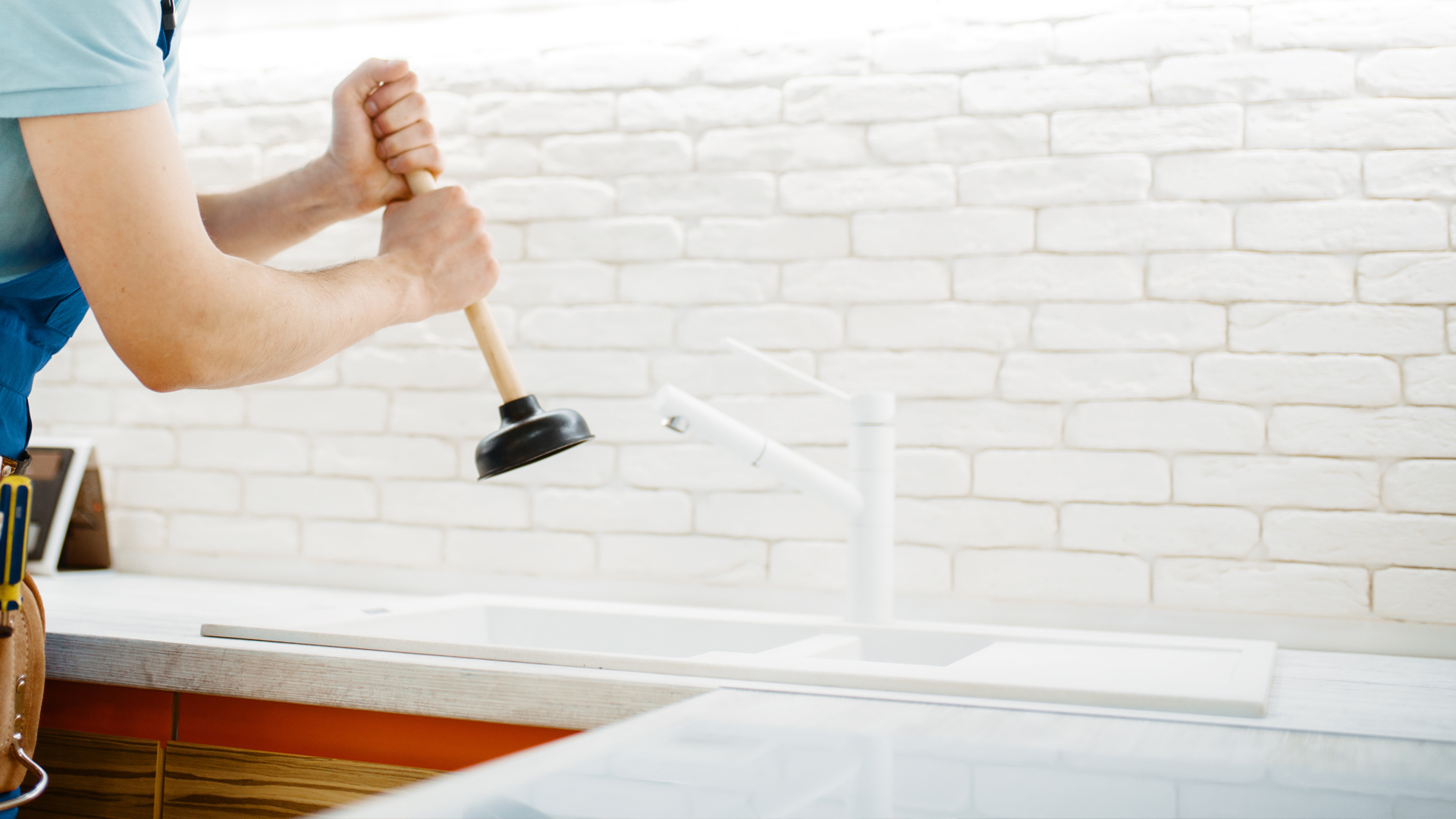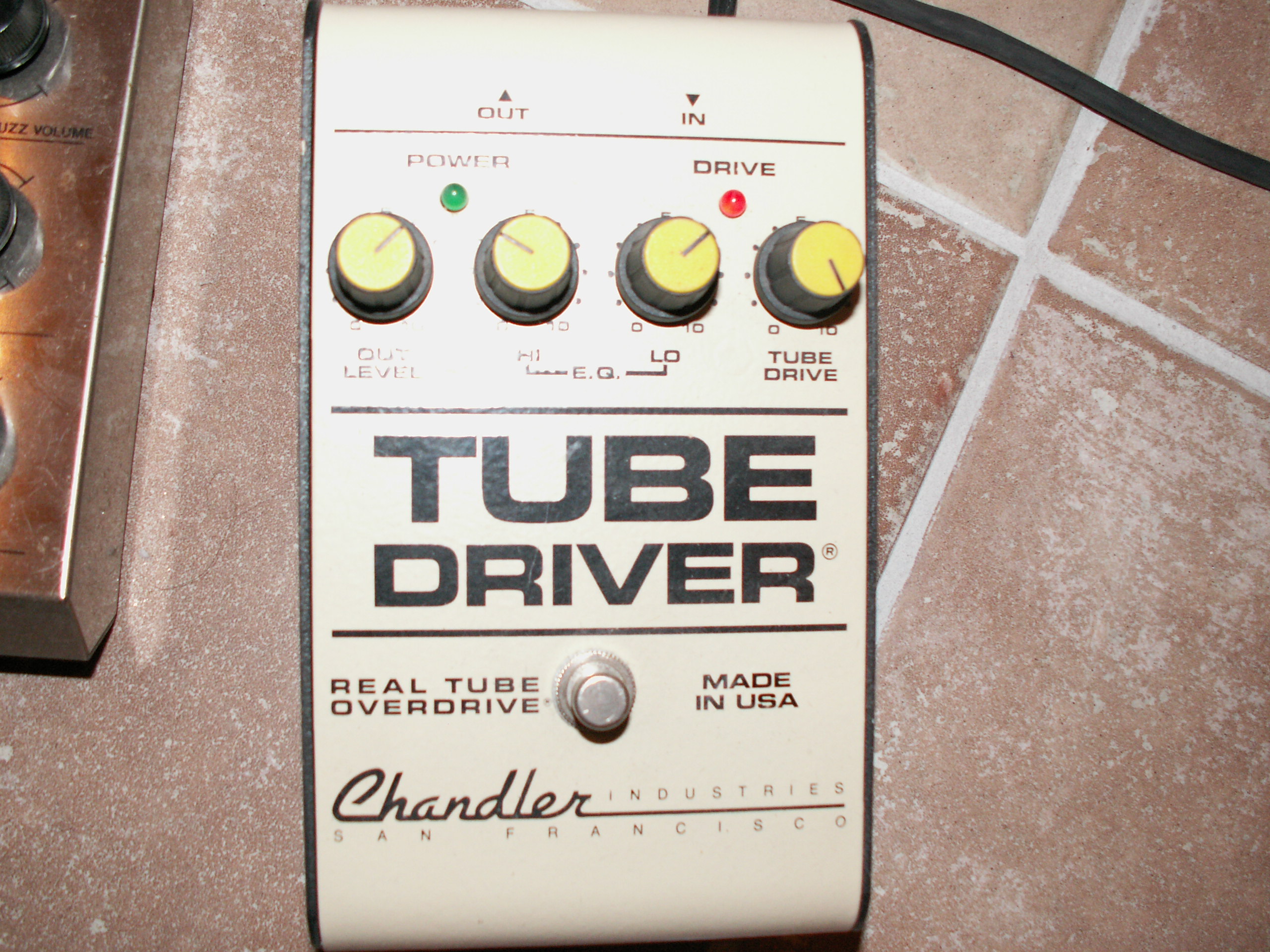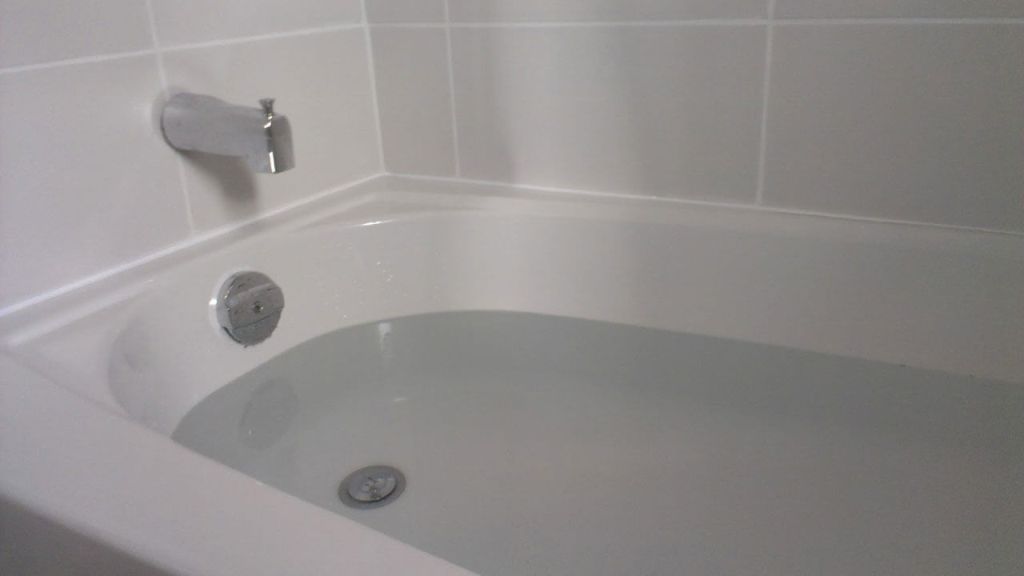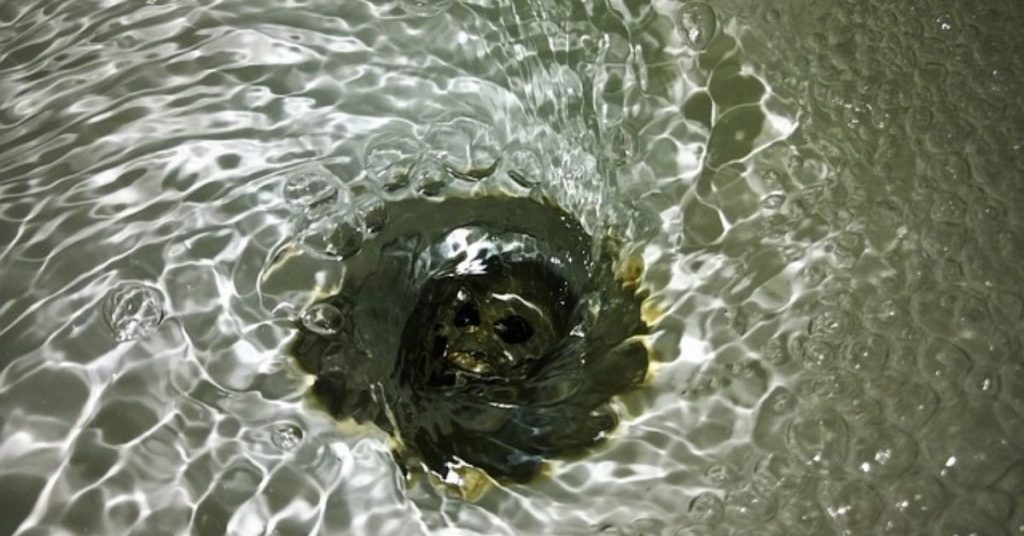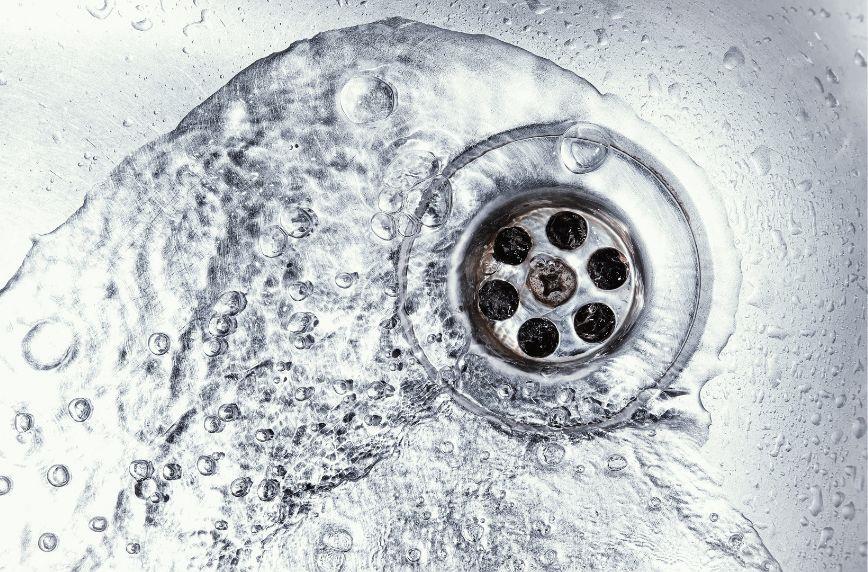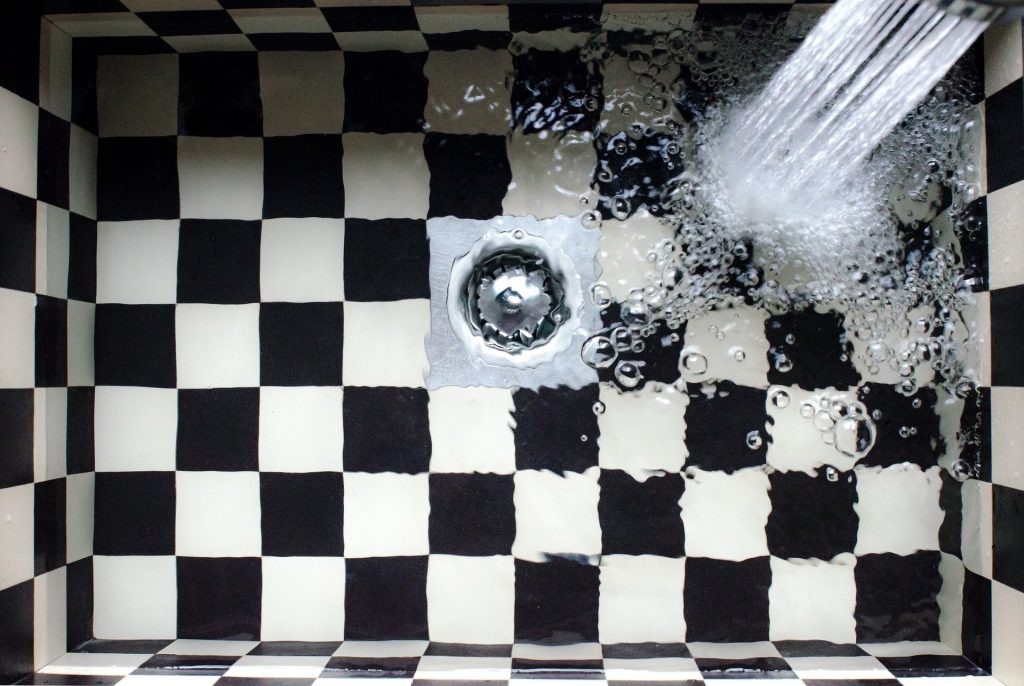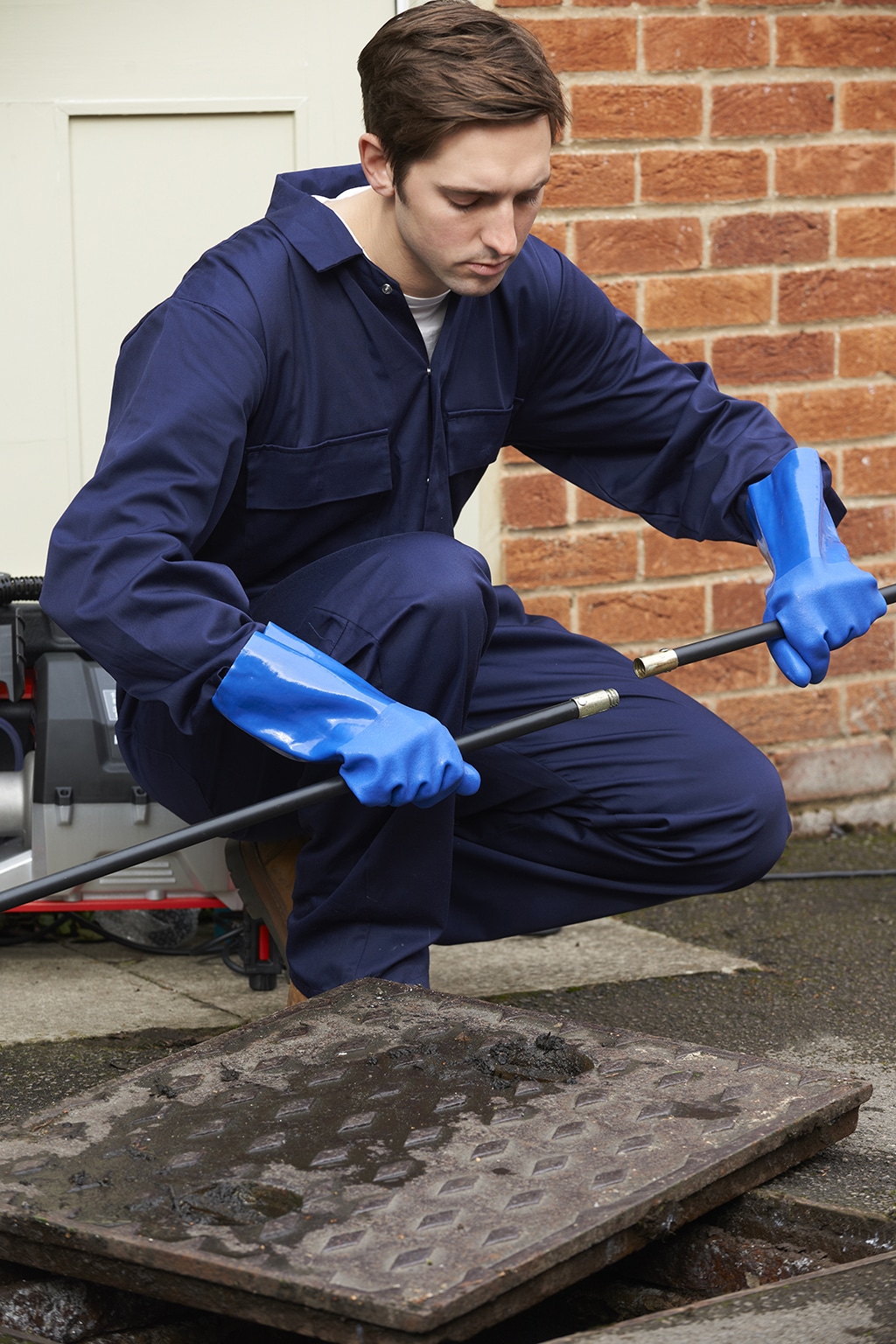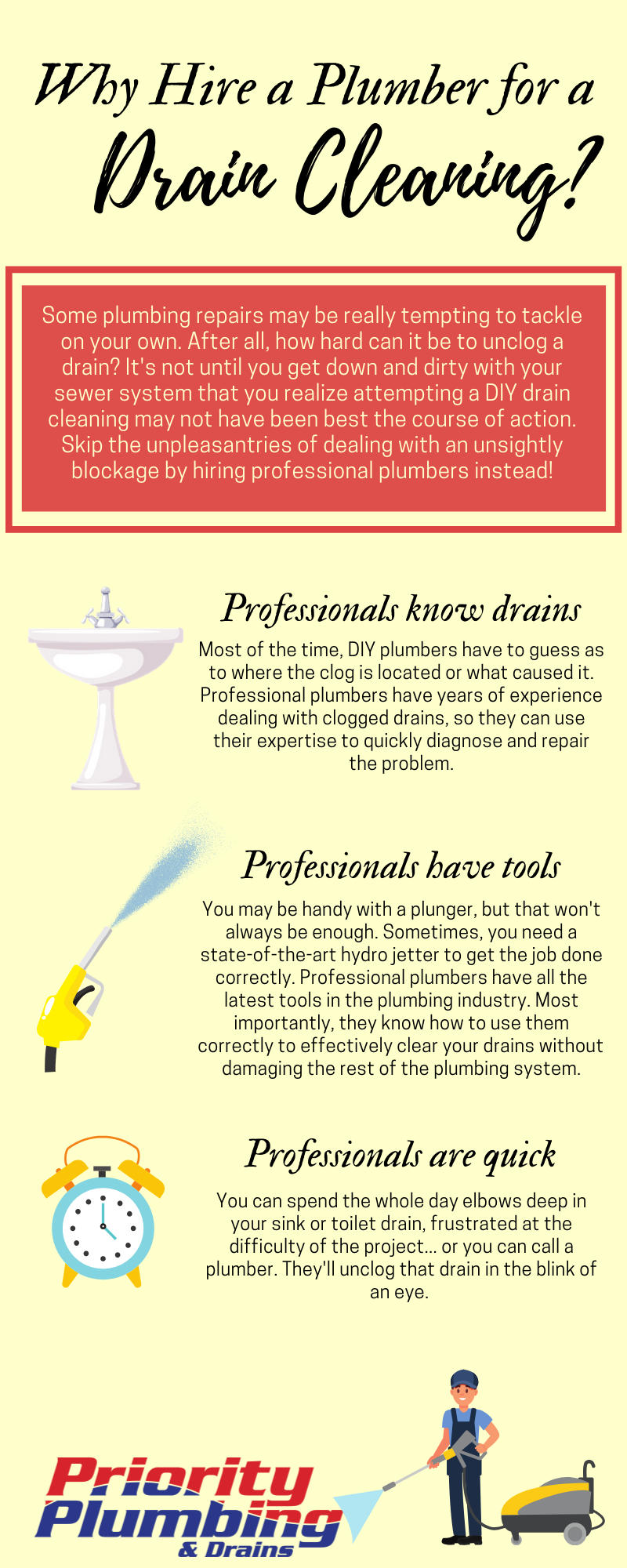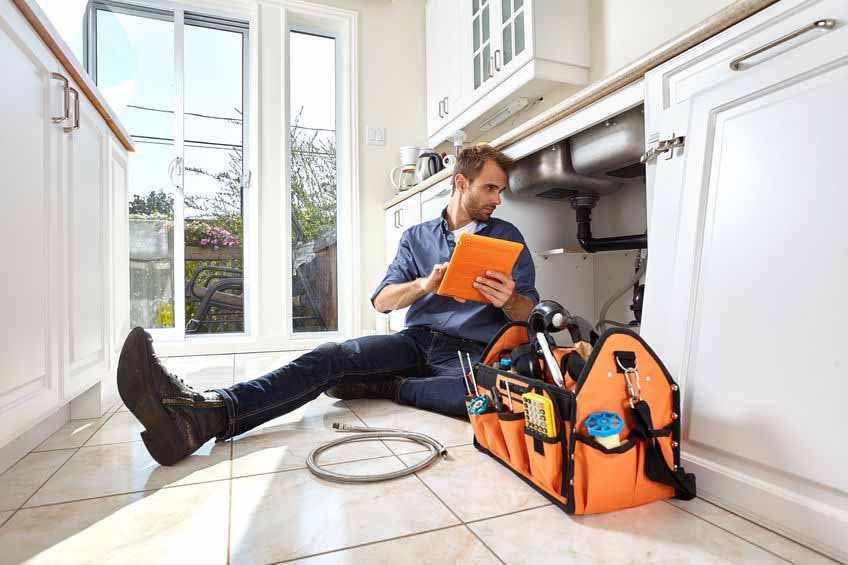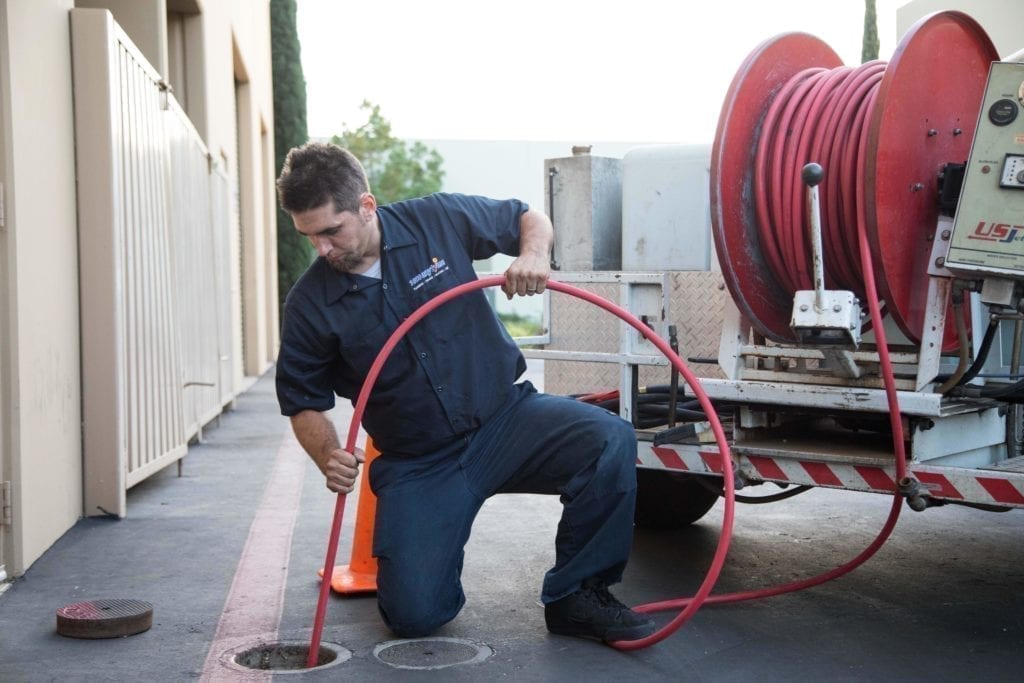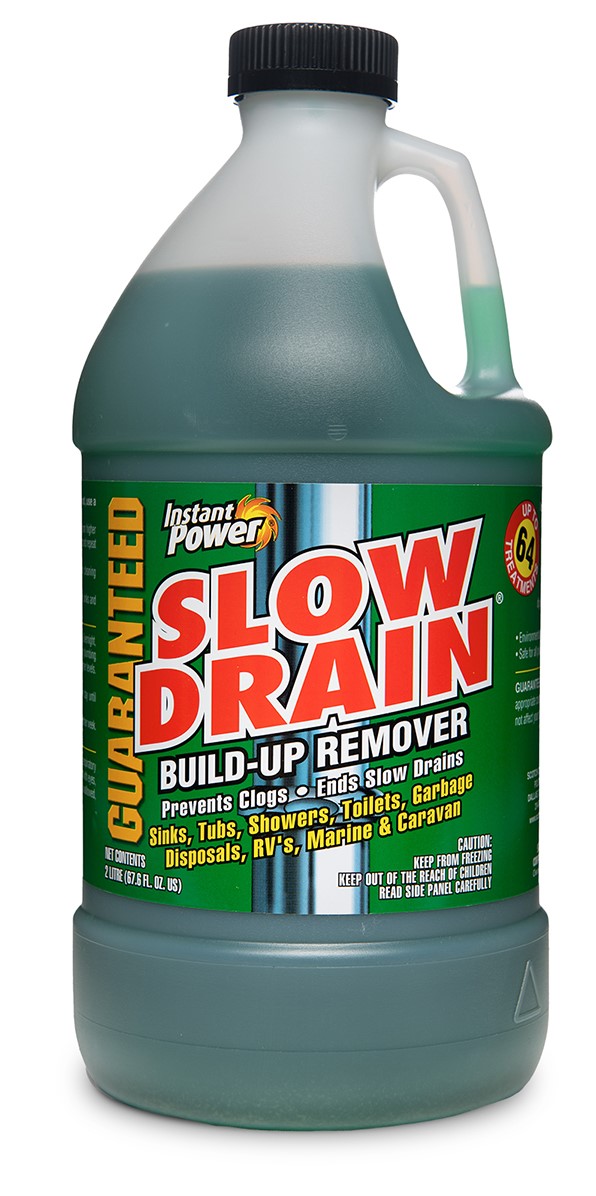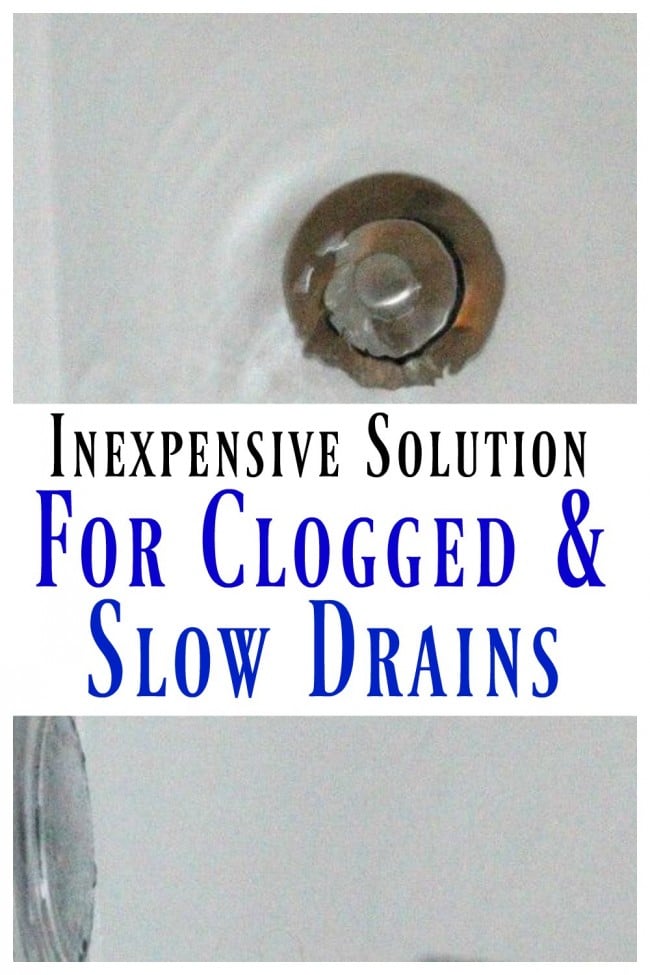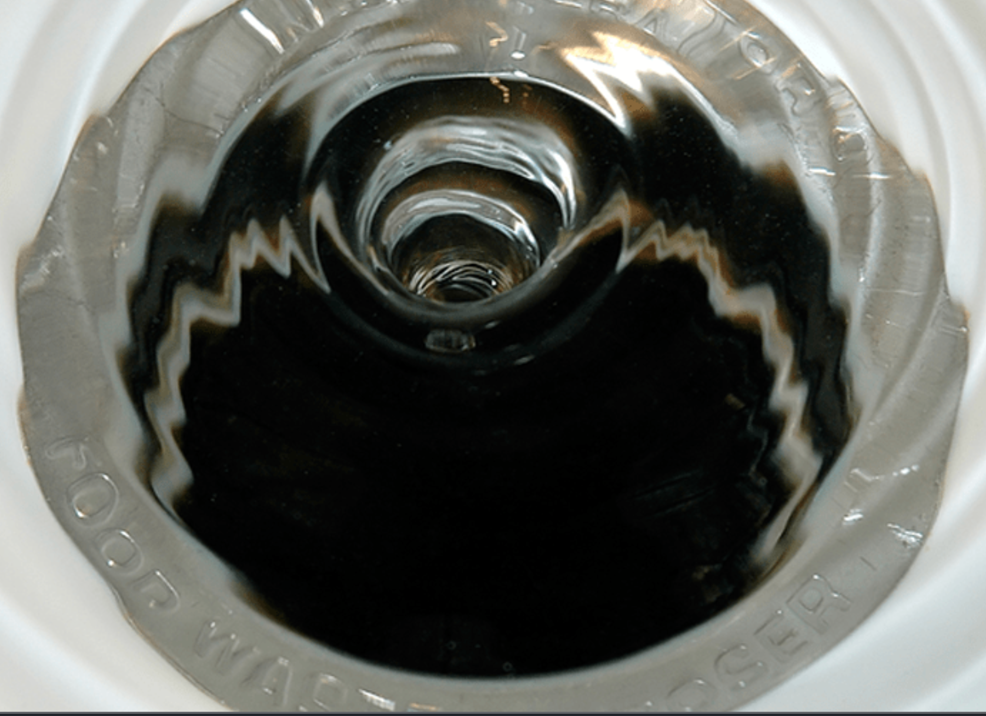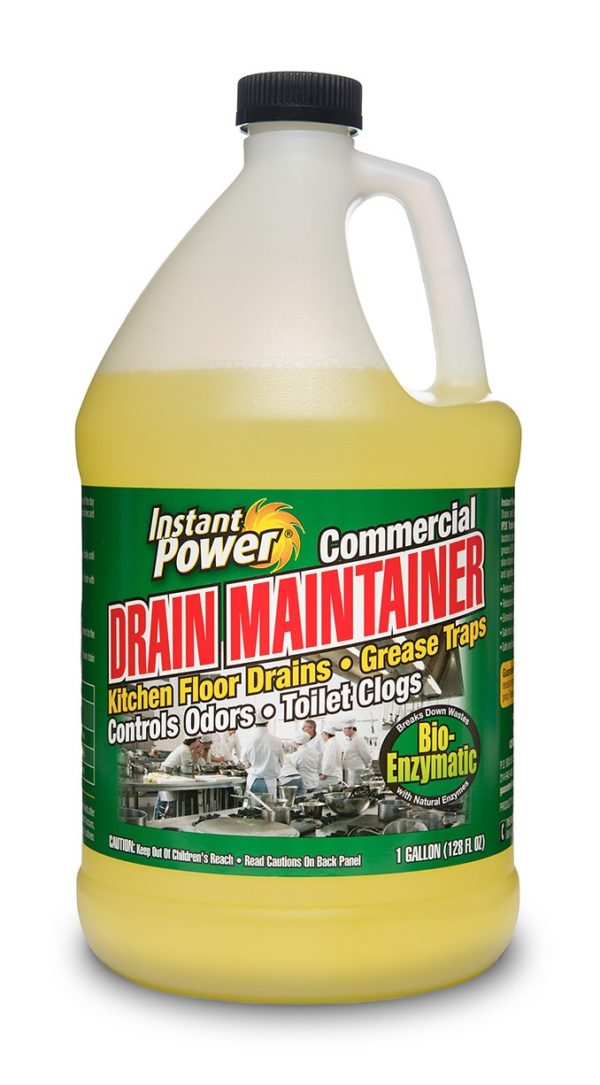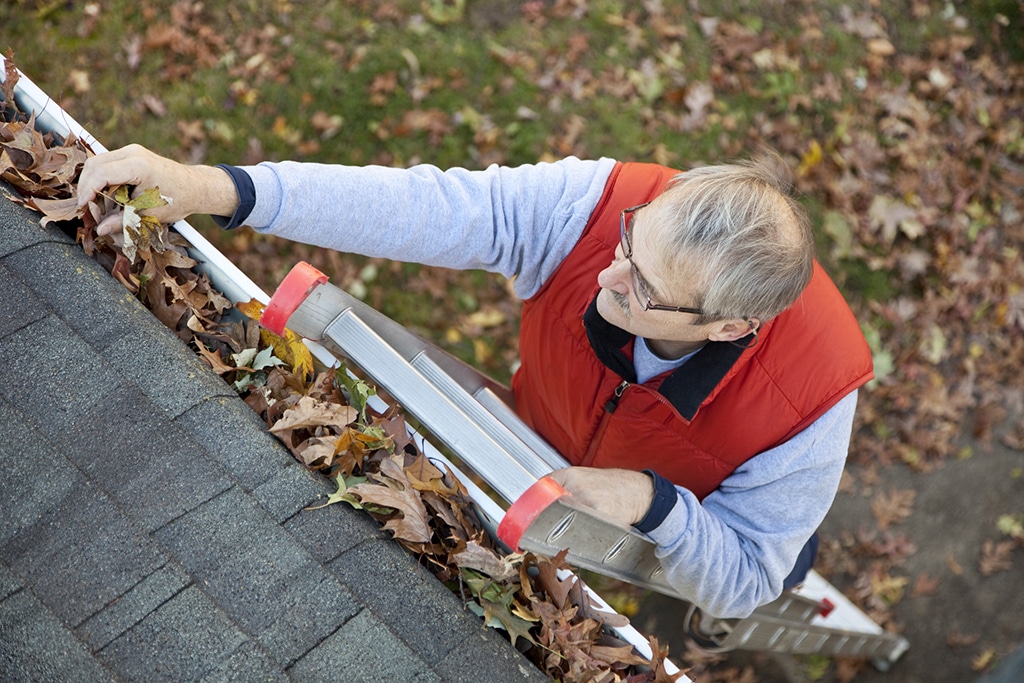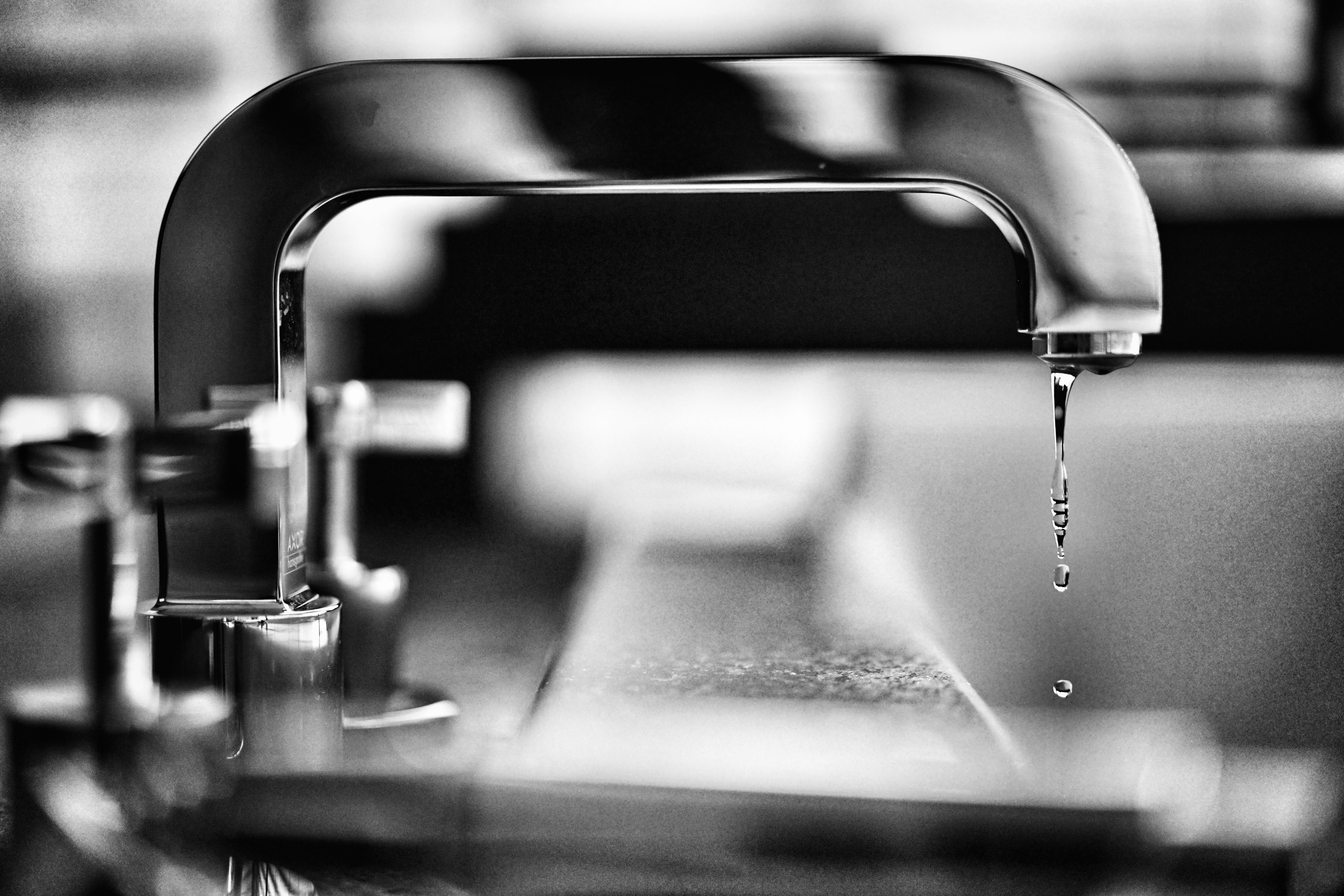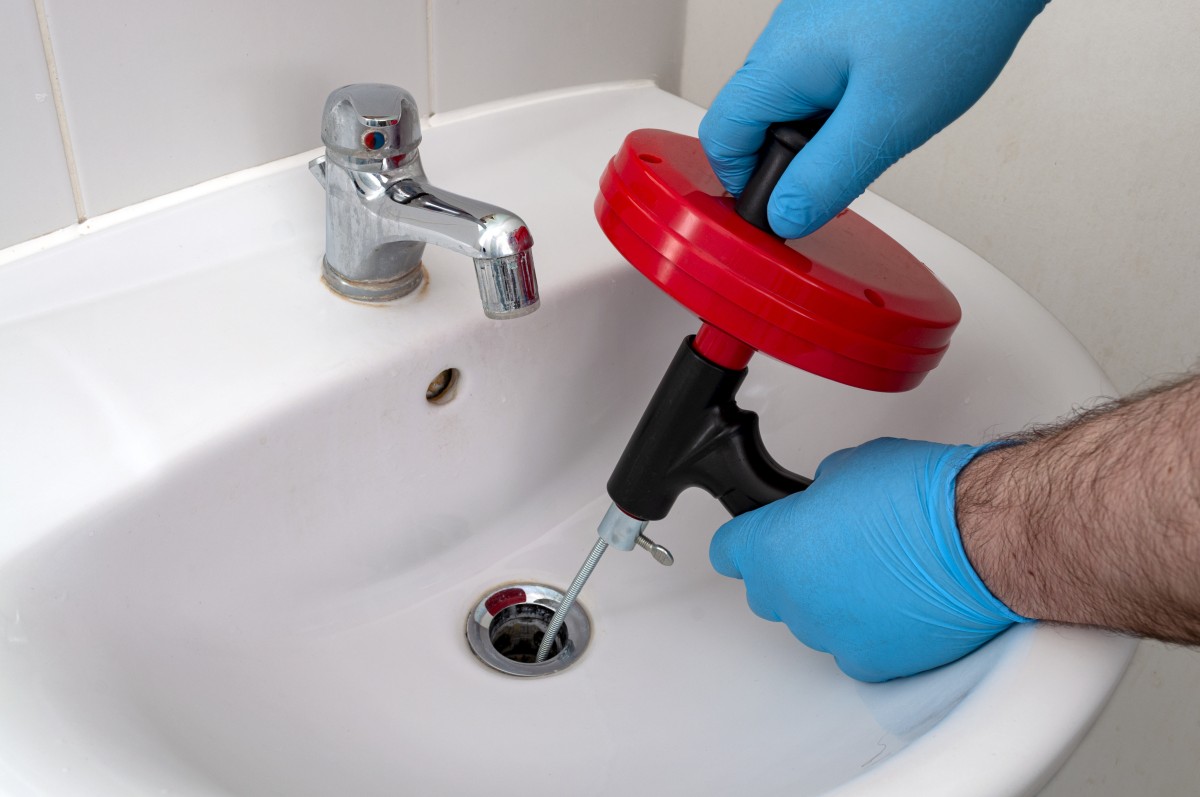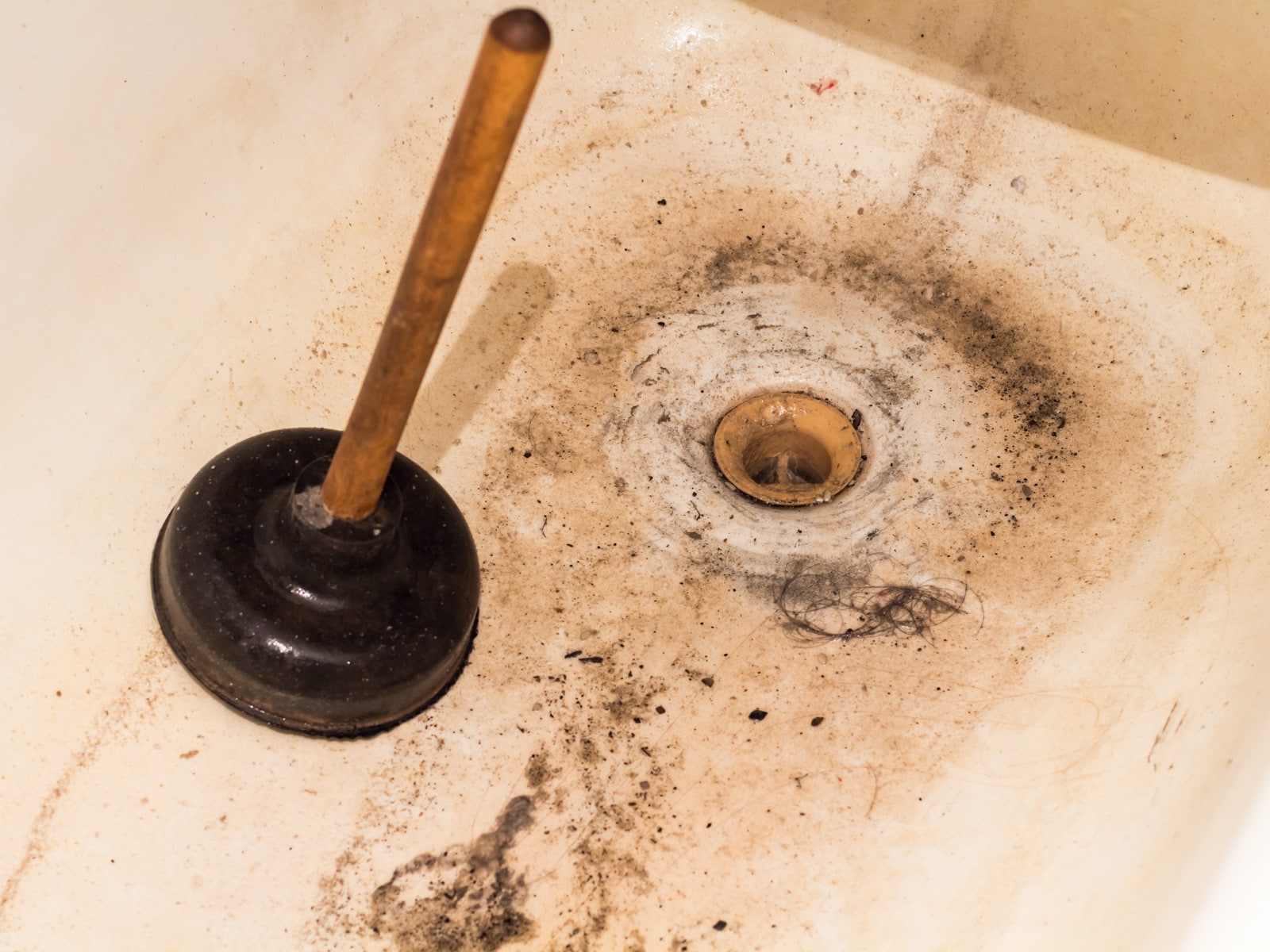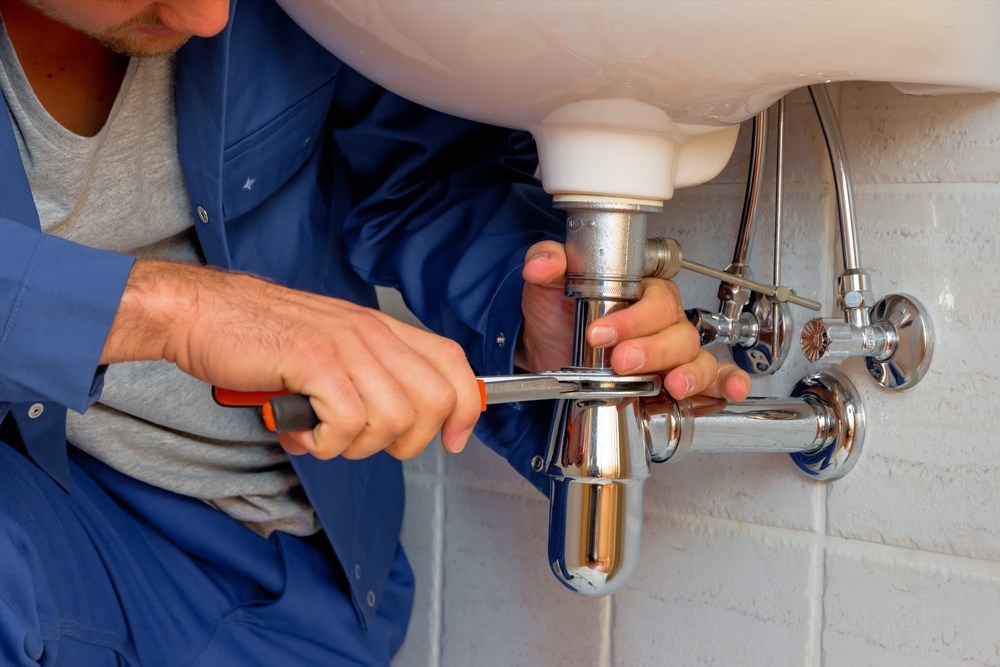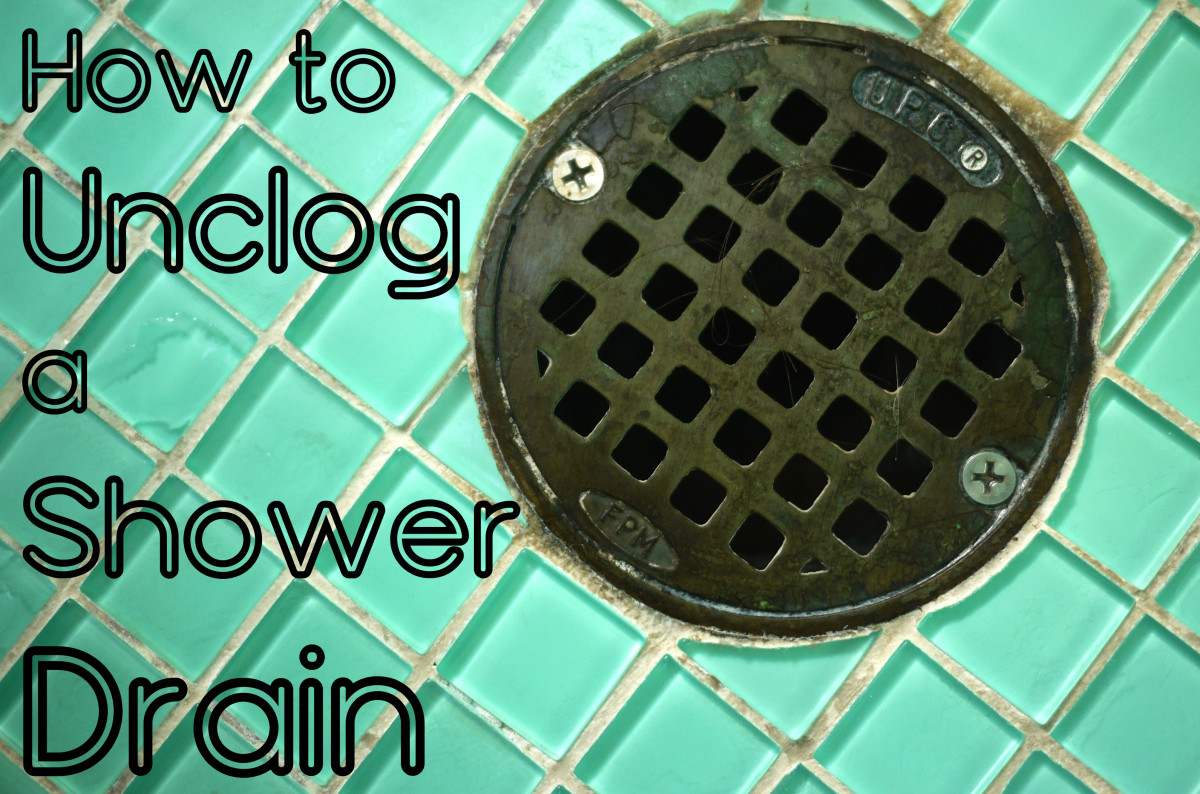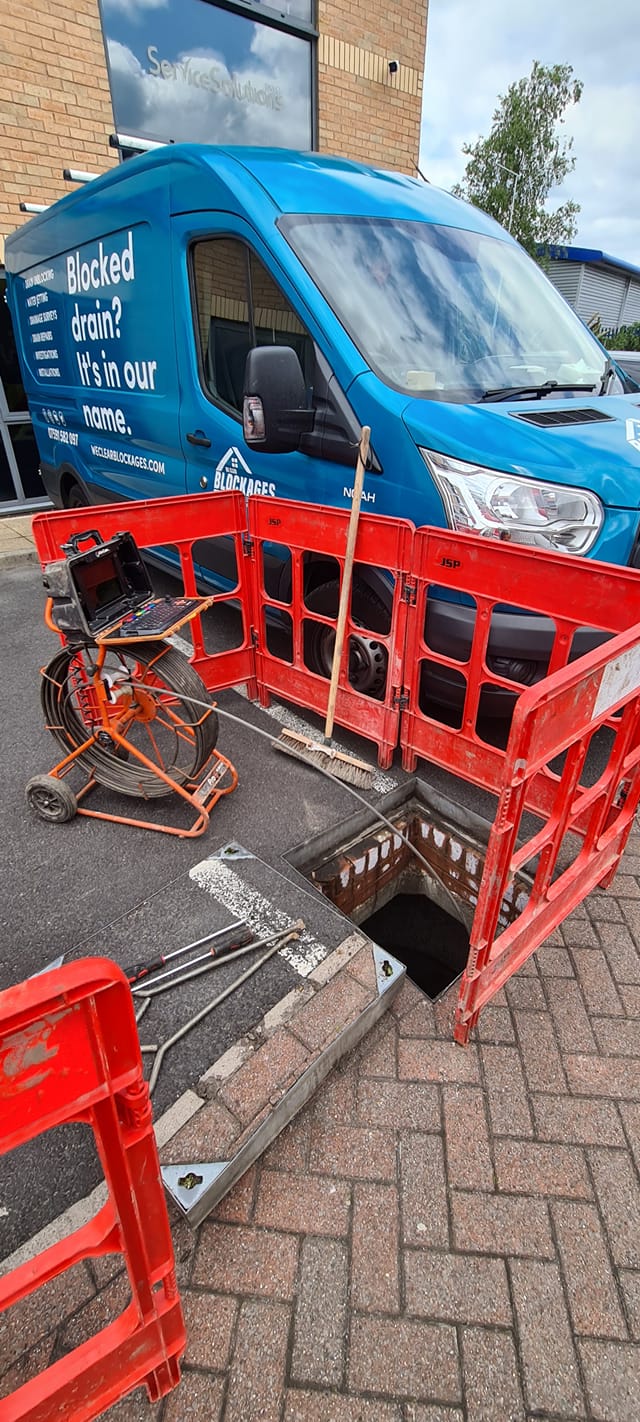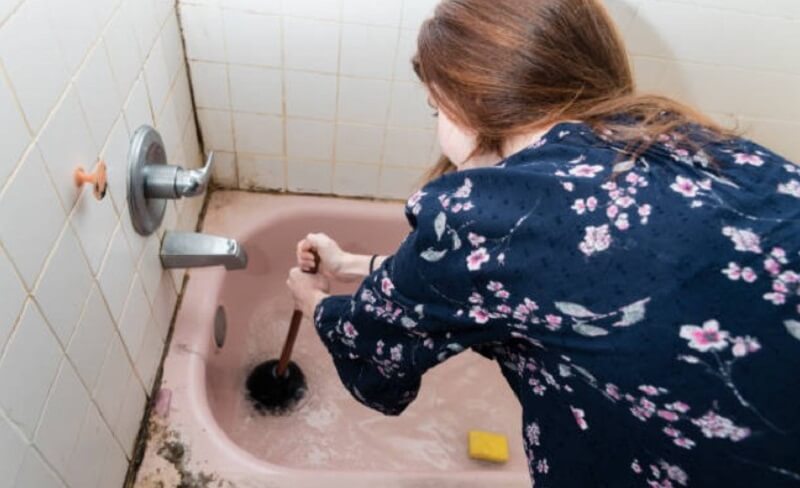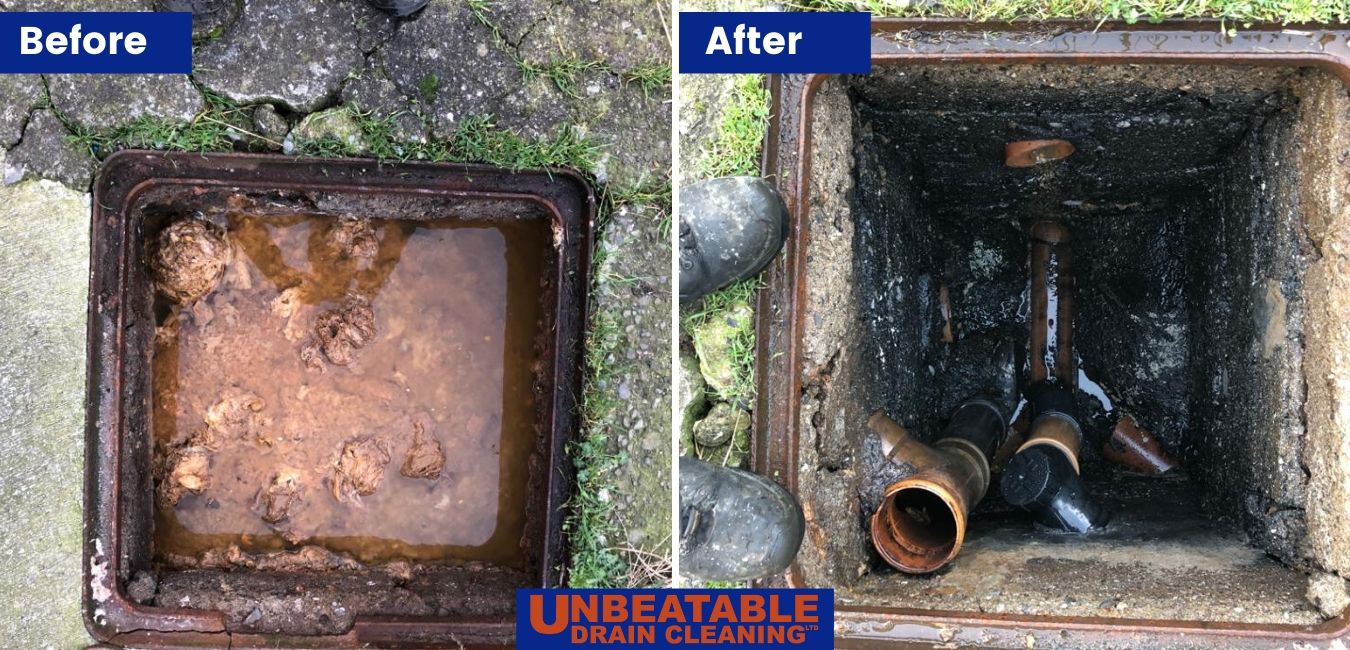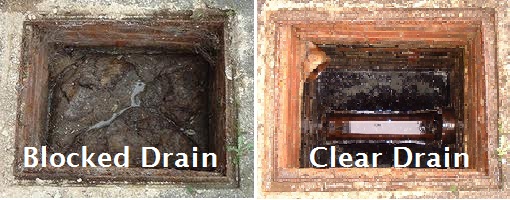Dealing with a slow draining bathroom sink or tub can be frustrating and inconvenient. But don't worry, there are several solutions to help unclog your drains and get them flowing smoothly again. Here are the top 10 solutions for dealing with slow draining sinks and tubs.Clogged Drain Solutions
If you notice that your bathroom sink is draining slowly, the first step is to try and unclog it yourself before calling a professional. One effective method is using a plunger to loosen any debris or hair that may be blocking the drain. Simply place the plunger over the drain and push and pull several times until the water starts to drain. You can also try using a mixture of baking soda and vinegar to dissolve any buildup in the pipes. Let the mixture sit for 15 minutes before pouring boiling water down the drain to flush it out.How to Unclog a Bathroom Sink
If the plunger and baking soda and vinegar method don't work, you can try using a drain snake or auger to physically remove any clogs in the pipes. These tools can be found at most hardware stores and are relatively easy to use. Insert the snake into the drain and twist it to catch any debris. Once you have pulled out the clog, run hot water down the drain to flush it out completely.DIY Slow Drain Fix
A slow draining bathtub can be caused by a variety of reasons, such as hair and soap buildup, or even a blocked overflow drain. To troubleshoot the issue, remove the overflow plate and use a wire hanger or drain snake to remove any clogs. You can also try using a plunger or a mixture of baking soda and vinegar to unclog the drain. If the issue persists, it may be time to call a professional.Troubleshooting Slow Draining Tub
Understanding the common causes of slow draining sinks and tubs can help you prevent them from happening in the future. Some of the most common causes include hair, soap scum, and other debris getting caught in the pipes. The buildup of these materials can restrict water flow and cause clogs. Another common cause is a malfunctioning or clogged vent pipe, which can create a vacuum and slow down drainage. Regularly cleaning your drains and being mindful of what goes down them can prevent these issues.Common Causes of Slow Draining Sinks and Tubs
If you have tried DIY methods and the problem persists, it may be time to call in the professionals. A professional plumber will have the necessary tools and expertise to properly clean and unclog your drains. They can also identify any underlying issues that may be causing the slow drainage and provide long-term solutions.Professional Drain Cleaning Services
If you prefer to use natural remedies, there are several options for unclogging slow drains. One effective method is pouring a mixture of hot water, salt, and baking soda down the drain. The hot water helps loosen any debris, while the salt and baking soda work to dissolve buildup. You can also try using a combination of lemon juice and vinegar to unclog drains.Natural Remedies for Slow Drains
Prevention is key when it comes to dealing with slow draining sinks and tubs. Regularly cleaning your drains with natural remedies or professional drain cleaning services can help prevent clogs from building up. You can also use drain covers to catch hair and other debris before they go down the drain. Avoid pouring grease, oil, and other substances down your drains, as they can harden and cause clogs.Preventing Slow Drains in the Future
Having the right tools on hand can make unclogging drains easier and more effective. Some essential tools for unclogging drains include a plunger, drain snake or auger, and a mixture of baking soda and vinegar. You can also invest in a drain cleaning brush to remove any hair and debris from your drains.Tools for Unclogging Drains
While slow draining sinks and tubs are common issues, they can also be signs of a more serious drain blockage. If you notice that multiple drains in your home are slow or clogged, or if water is backing up into other drains, it may be a sign of a main drain blockage. In this case, it is best to call a professional plumber to assess the situation and provide a proper solution.Signs of a Serious Drain Blockage
The Importance of Proper Drainage in Your Bathroom
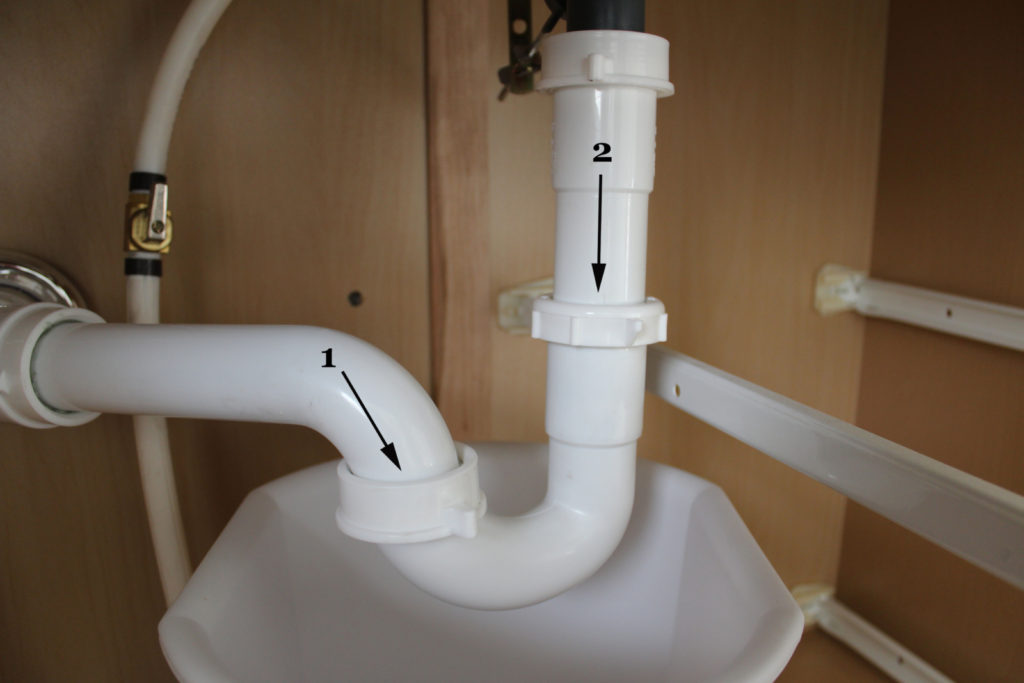
Don't Let a Slow Draining Sink and Tub Ruin Your Bathroom Design
 When it comes to designing a functional and aesthetically pleasing bathroom, proper drainage is often overlooked. However, it plays a crucial role in maintaining the overall functionality and appearance of your bathroom. Slow draining
bathroom sink and tubs
are a common problem that many homeowners face, and if left unaddressed, it can lead to bigger issues down the road. In this article, we will discuss the importance of
proper drainage
in your bathroom and how it can impact your
house design
.
When it comes to designing a functional and aesthetically pleasing bathroom, proper drainage is often overlooked. However, it plays a crucial role in maintaining the overall functionality and appearance of your bathroom. Slow draining
bathroom sink and tubs
are a common problem that many homeowners face, and if left unaddressed, it can lead to bigger issues down the road. In this article, we will discuss the importance of
proper drainage
in your bathroom and how it can impact your
house design
.
The Culprits Behind Slow Draining Bathroom Fixtures
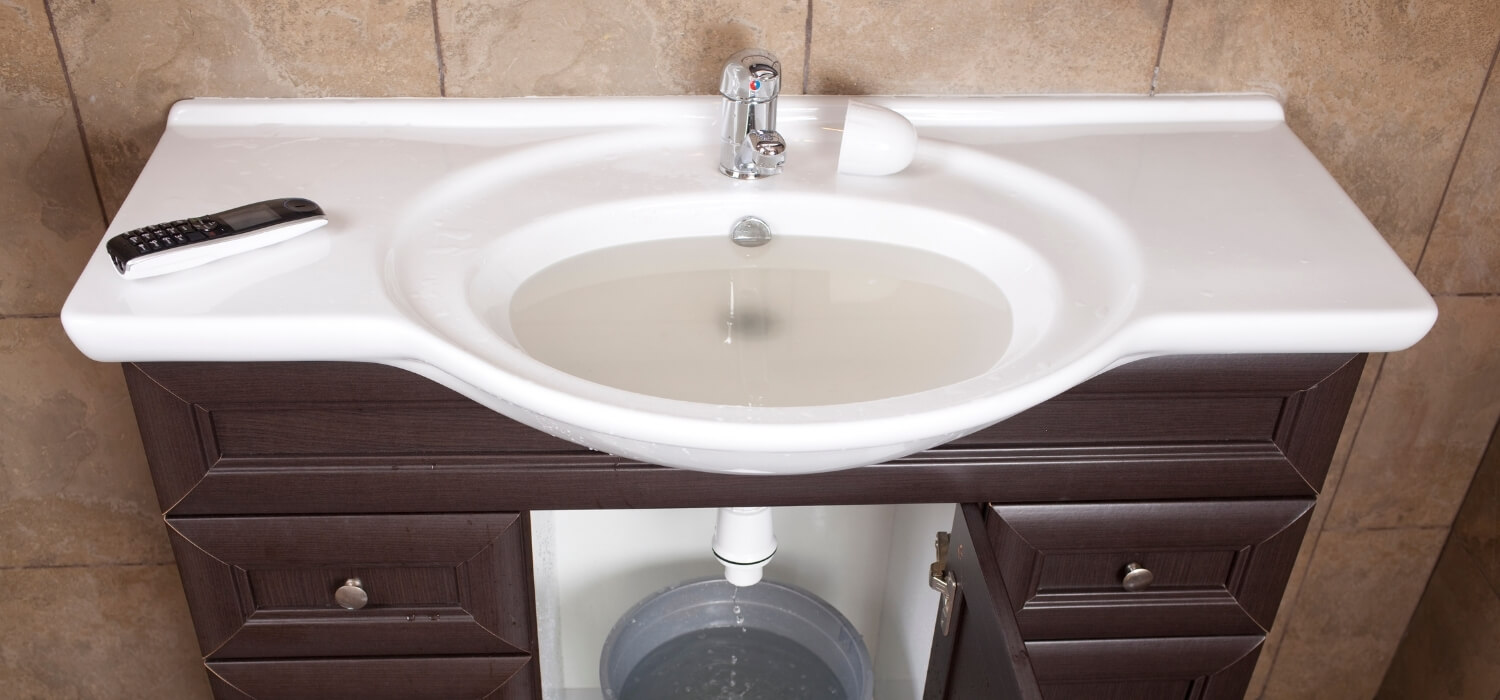 Before we dive into the importance of proper drainage, it's essential to understand the common causes of slow draining
bathroom fixtures
. The most common culprit is a buildup of hair, soap scum, and other debris in the
drain pipes
. Over time, these substances can accumulate and create a blockage, causing water to drain slowly or not at all. Another common cause is a faulty or clogged
drain stopper
. If the stopper is not functioning correctly, it can impede the flow of water and result in a slow-draining sink or tub.
Before we dive into the importance of proper drainage, it's essential to understand the common causes of slow draining
bathroom fixtures
. The most common culprit is a buildup of hair, soap scum, and other debris in the
drain pipes
. Over time, these substances can accumulate and create a blockage, causing water to drain slowly or not at all. Another common cause is a faulty or clogged
drain stopper
. If the stopper is not functioning correctly, it can impede the flow of water and result in a slow-draining sink or tub.
Why Proper Drainage is Crucial for Your Bathroom
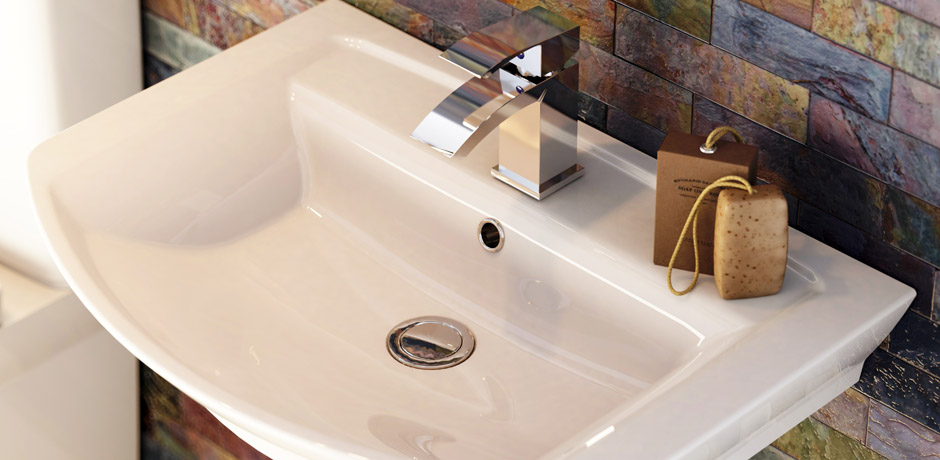
Prevents Standing Water and Mold Growth
 One of the main reasons why proper drainage is crucial for your bathroom is to prevent standing water. When water doesn't drain correctly, it can collect in your sink or tub, creating a breeding ground for bacteria and mold. Not only is this unhealthy, but it can also lead to unpleasant odors and damage to your
bathroom design
.
One of the main reasons why proper drainage is crucial for your bathroom is to prevent standing water. When water doesn't drain correctly, it can collect in your sink or tub, creating a breeding ground for bacteria and mold. Not only is this unhealthy, but it can also lead to unpleasant odors and damage to your
bathroom design
.
Preserves the Integrity of Your Bathroom Fixtures
 Slow draining
bathroom fixtures
not only affect the functionality of your sink and tub, but it can also cause damage to them. When water doesn't drain correctly, it can put extra pressure on the fixtures, causing cracks or leaks. This can be costly to repair and can also affect the overall appearance of your bathroom.
Slow draining
bathroom fixtures
not only affect the functionality of your sink and tub, but it can also cause damage to them. When water doesn't drain correctly, it can put extra pressure on the fixtures, causing cracks or leaks. This can be costly to repair and can also affect the overall appearance of your bathroom.
Improves the Aesthetics of Your Bathroom
:max_bytes(150000):strip_icc()/close-up-of-overflowing-bathroom-sink-90201417-579787783df78ceb865822d8-5c30d5dac9e77c0001149e8f.jpg) A
bathroom sink
or tub that drains slowly can be an eyesore in an otherwise beautiful bathroom. It can also create a messy and uninviting atmosphere. By ensuring proper drainage, you can maintain the cleanliness and aesthetics of your bathroom, making it a more enjoyable space for you and your guests.
A
bathroom sink
or tub that drains slowly can be an eyesore in an otherwise beautiful bathroom. It can also create a messy and uninviting atmosphere. By ensuring proper drainage, you can maintain the cleanliness and aesthetics of your bathroom, making it a more enjoyable space for you and your guests.
How to Address Slow Draining Bathroom Fixtures

Regular Maintenance and Cleaning
 To prevent slow draining
bathroom fixtures
, it's essential to perform regular maintenance and cleaning. This includes removing any visible debris from the drain and using a natural pipe cleaner to prevent buildup. You should also clean your
drain stopper
regularly to ensure it is functioning correctly.
To prevent slow draining
bathroom fixtures
, it's essential to perform regular maintenance and cleaning. This includes removing any visible debris from the drain and using a natural pipe cleaner to prevent buildup. You should also clean your
drain stopper
regularly to ensure it is functioning correctly.
Hire a Professional Plumber
 If your
bathroom sink
or tub continues to drain slowly despite your efforts, it may be time to call in a professional plumber. They have the necessary tools and expertise to thoroughly clean and unclog your drainage pipes, ensuring proper drainage in your bathroom.
If your
bathroom sink
or tub continues to drain slowly despite your efforts, it may be time to call in a professional plumber. They have the necessary tools and expertise to thoroughly clean and unclog your drainage pipes, ensuring proper drainage in your bathroom.
In Conclusion
 Proper drainage is a crucial aspect of
house design
and should not be overlooked when designing or maintaining your bathroom. By addressing slow draining
bathroom fixtures
promptly and regularly, you can prevent potential health hazards, damage to your fixtures, and maintain the overall aesthetics of your bathroom. So, make sure to give your bathroom's drainage the attention it deserves to keep it functioning and looking its best.
Proper drainage is a crucial aspect of
house design
and should not be overlooked when designing or maintaining your bathroom. By addressing slow draining
bathroom fixtures
promptly and regularly, you can prevent potential health hazards, damage to your fixtures, and maintain the overall aesthetics of your bathroom. So, make sure to give your bathroom's drainage the attention it deserves to keep it functioning and looking its best.


